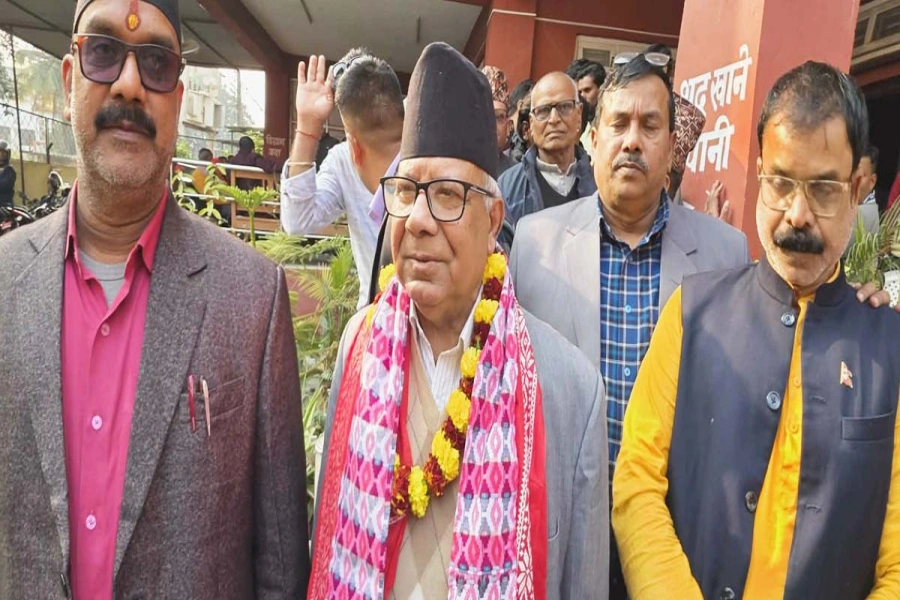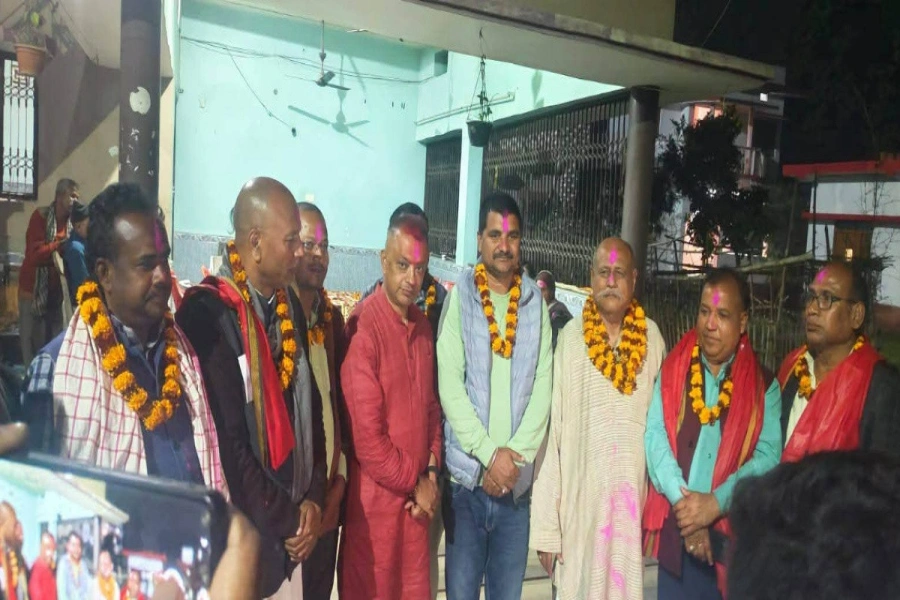KATHMANDU, March 4: The US Department of State's 2021 Country Terrorism Report (CTR) has warned that Nepal could be used as a transit or staging point for international terrorists because of the open border with India and insufficient security protocols at the country’s sole functioning international airport in Kathmandu.
The annual report notes that there is no pre-screening of passengers, and landing data are not entered into any database. The physical security checks of passengers at the Tribhuvan International Airport (TIA) are rudimentary, and the airport lacks ultraviolet lights to examine documents. Additionally, there is no travel document security.
Nepal could be used as transit, staging point for int’l terrori...

The report further states that the Special Bureau of the Nepal Police assigns only around ten personnel to the airport, with approximately 15 officers located at its INTERPOL office. However, the INTERPOL office has no designated personnel at the airport. While communication between INTERPOL and airport personnel occurs, passengers are not routinely screened through the database, despite acting on and maintaining INTERPOL notices.
Although security and immigration officials are generally responsive to US requests for information, they often have little information to provide, according to the report. The report also notes that there were no significant changes to counterterrorism laws in Nepal in 2021. The Special Bureau of the Nepal Police is the law enforcement organization responsible for counterterrorism activities and consists of around 120 specialized officers.
The report highlights that the open border regime with unregulated movement across the Nepal-India border heightens the risk of international terrorism. The crossing points are not checked, and most people are not stopped. The report notes that checkpoints along the 1,000-mile border lack sufficient security controls and are sometimes staffed by only one immigration official. The security services lack the personnel, technology, databases, basic equipment, and often electrical power to provide effective border control. Additionally, lack of training and widespread corruption are additional constraints.
Moreover, the report states that Nepal is yet to employ strategic communications to counter violent extremism, and there are no government or civil society programs to counter recruitment into violent extremism or rehabilitate former violent extremists. The government generally does not view violent extremism as a significant threat, but the report states that non-Nepali international terrorist groups using Nepal as a transit/staging point or soft target pose a more significant threat.
The CTR provides insight into important issues in the fight against terrorism and helps the United States make informed decisions about policies, programs, and resource allocations as it seeks to build counterterrorism capacity and resilience globally.






































